Dhaka, July 08 (V7N) — U.S. President Donald Trump has announced a sweeping 35 percent tariff on all Bangladeshi goods entering the United States, with the new rate set to take effect from August 1, 2025. The decision, made public via Trump’s Truth Social platform on Monday, has sparked significant concern within Bangladesh's export-dependent economy.
President Trump also confirmed the move in an official letter to Chief Advisor Dr. Muhammad Yunus, warning that any attempt by Bangladesh to retaliate through reciprocal tariffs will lead to further increases in the imposed rate.
“Please understand that the 35 percent tariff is far less than what is needed to close our trade deficit with your country,” Trump wrote. “If Bangladesh or its companies choose to manufacture in the U.S., there will be no tariffs.”
The White House had initially planned to implement the tariffs on July 9, but the date was postponed due to the end of a 90-day global tariff suspension introduced in April amid global economic uncertainty. That temporary relief had paused a previous 37 percent tariff imposed on Bangladeshi goods earlier this year.
Bangladesh is not the only nation affected. As part of a broader protectionist economic strategy, the Trump administration also announced new tariffs on 14 other countries, including:
-
40% on Myanmar and Laos
-
36% on Cambodia and Thailand
-
35% on Serbia
-
32% on Indonesia
-
30% on South Africa and Bosnia
-
25% on South Korea, Japan, Malaysia, Tunisia, and Kazakhstan
Trump defended the sweeping tariffs as essential for correcting what he described as years of unfair trade practices and non-tariff barriers that have led to unsustainable trade deficits. He added, “These tariffs can be increased or decreased depending on our relationship with your country.”
In a pointed warning, Trump noted, “If for any reason you decide to increase tariffs on U.S. goods, the number you wish to increase will be added to the 35 percent tariff we have already set.”
The latest measures come amid a renewed push by the Trump administration to revive its “America First” trade policy, which includes encouraging foreign manufacturers to shift production to U.S. soil.
The move is likely to deal a serious blow to Bangladesh’s export sector, especially its ready-made garment (RMG) industry, which is heavily reliant on U.S. markets. Experts warn that this could disrupt trade balances, lead to job losses, and destabilize Bangladesh's economy if no exemptions or alternative solutions are negotiated.
No immediate response has yet been issued by the Bangladeshi government or Dr. Yunus regarding the tariff announcement.
END/RH/AJ



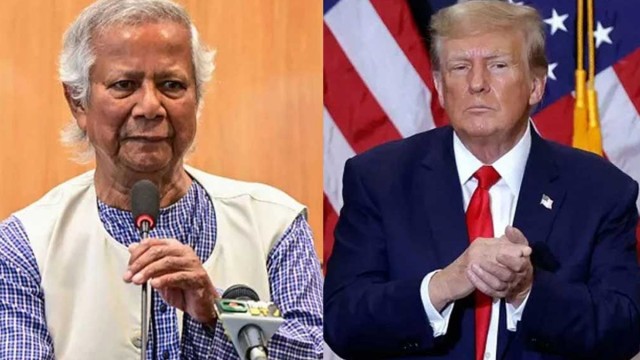
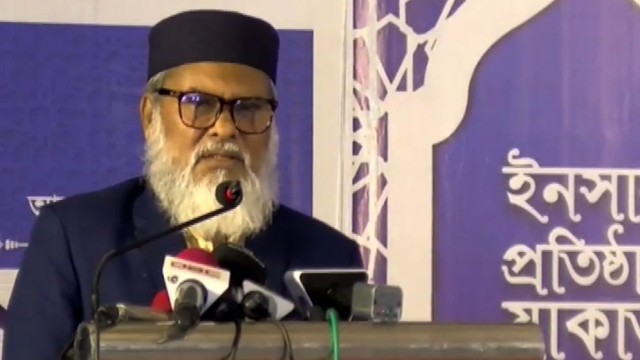
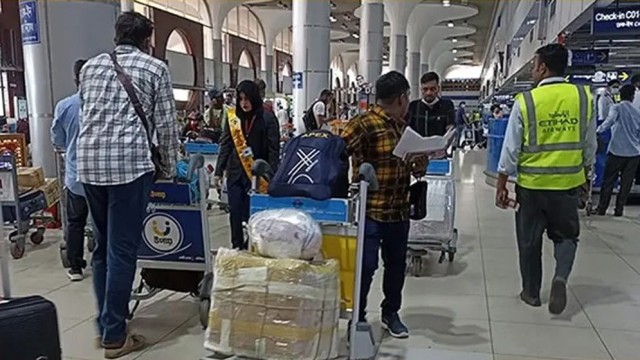
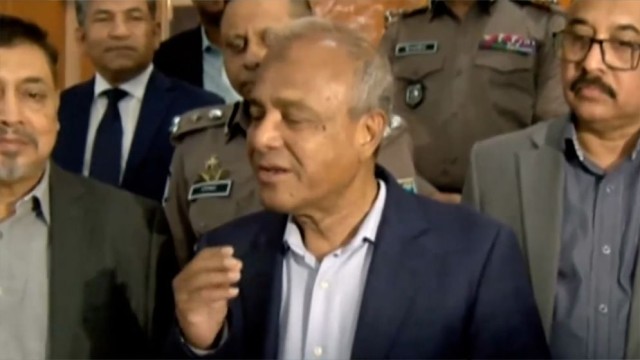
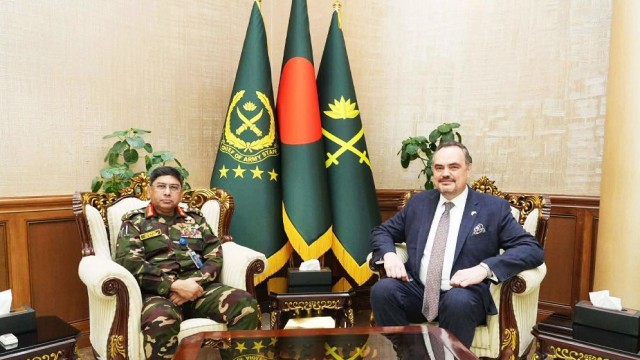

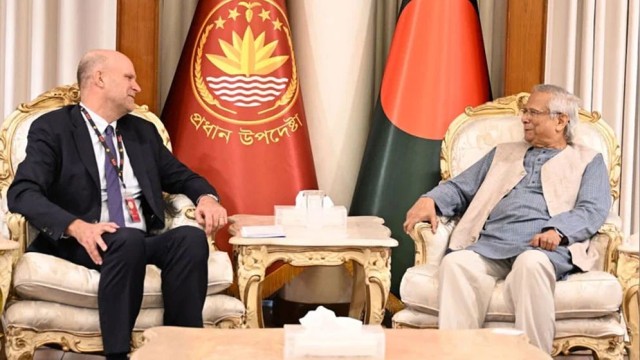


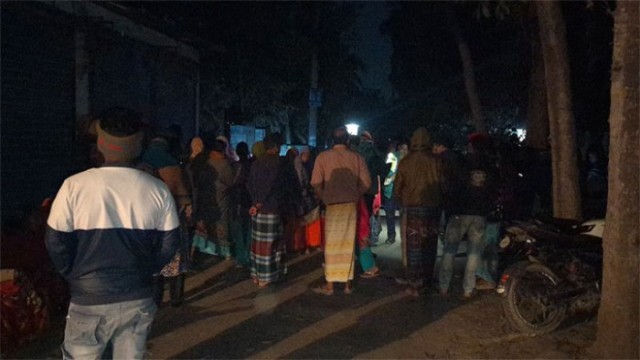




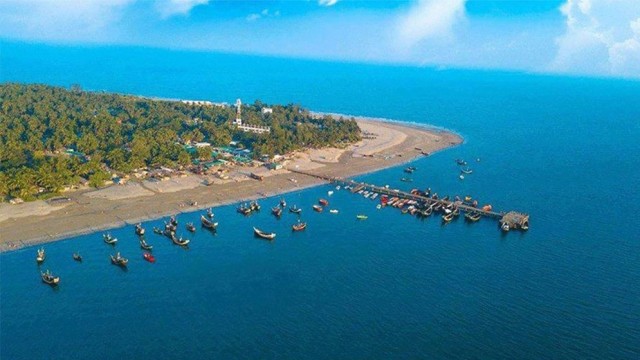
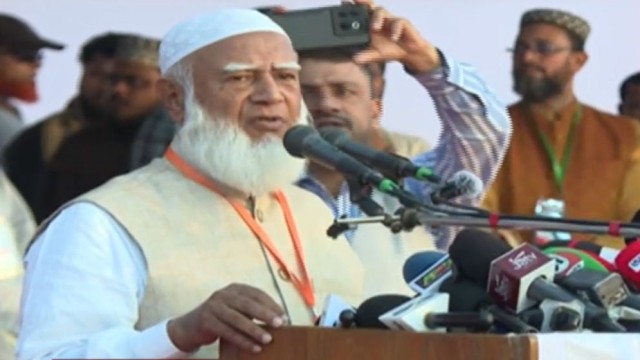
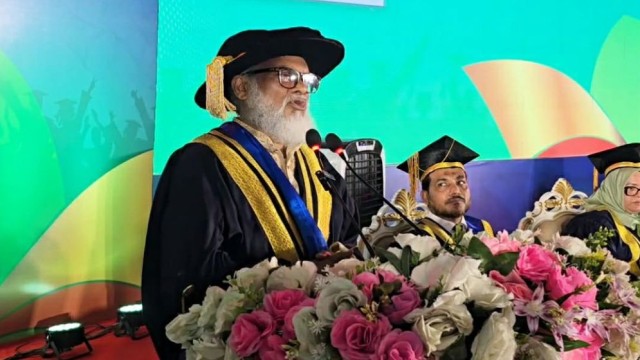


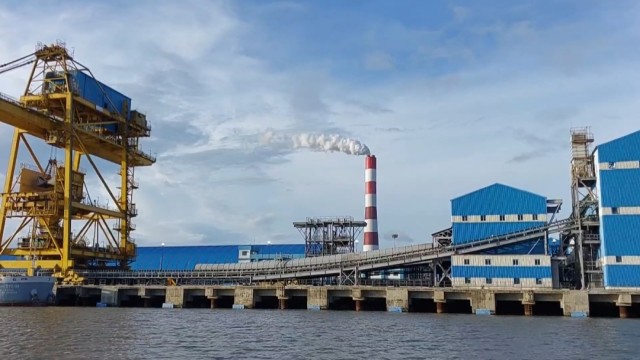

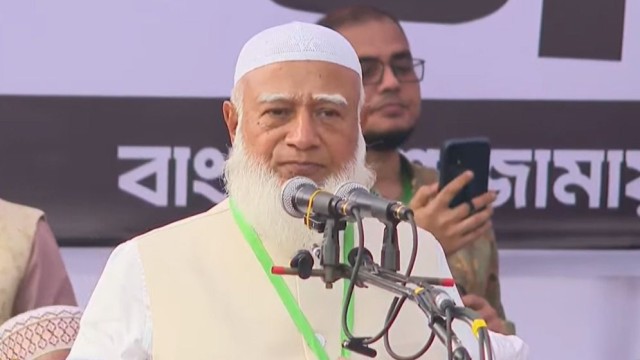
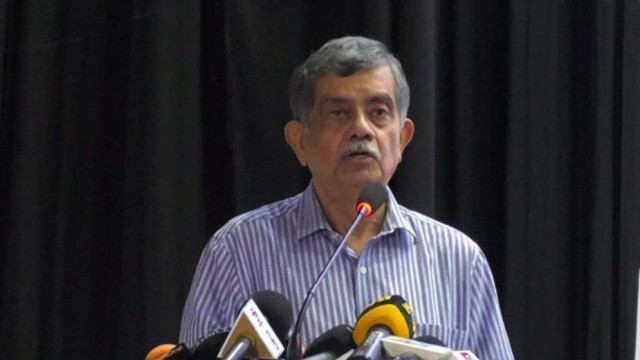
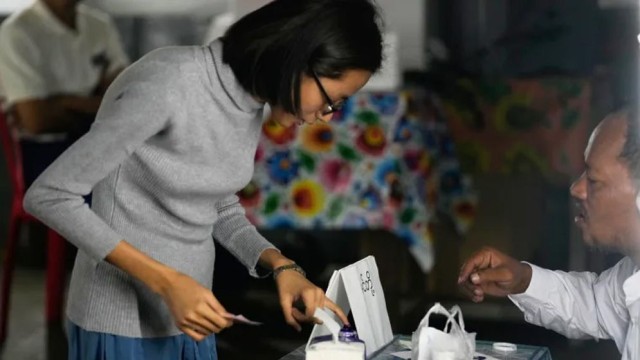
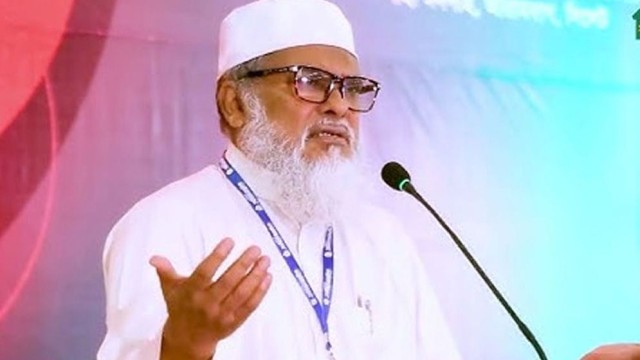
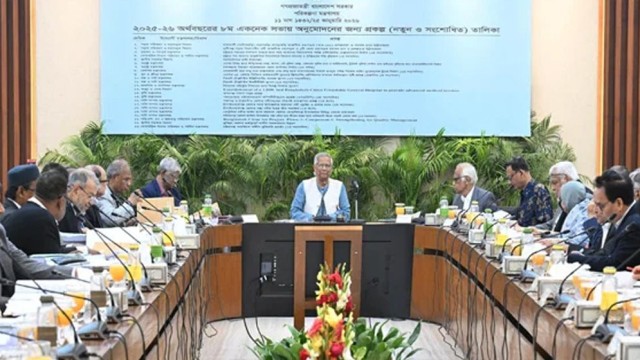
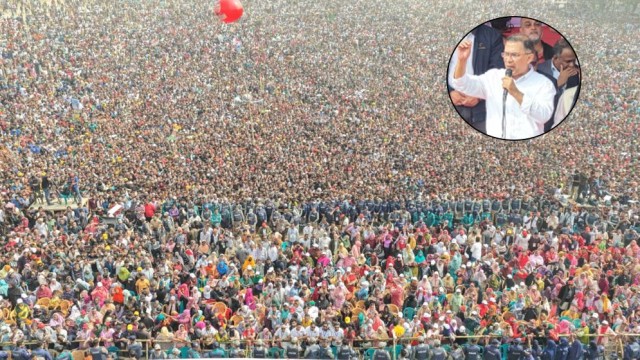
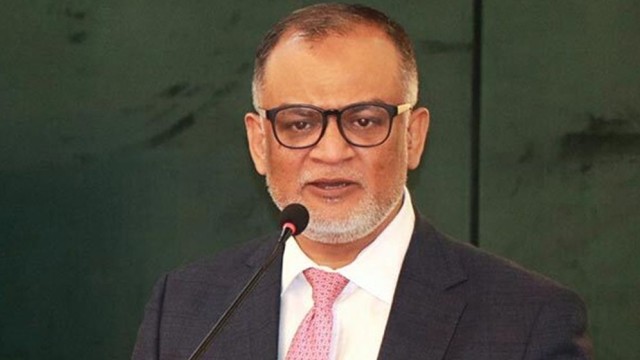
Comment: